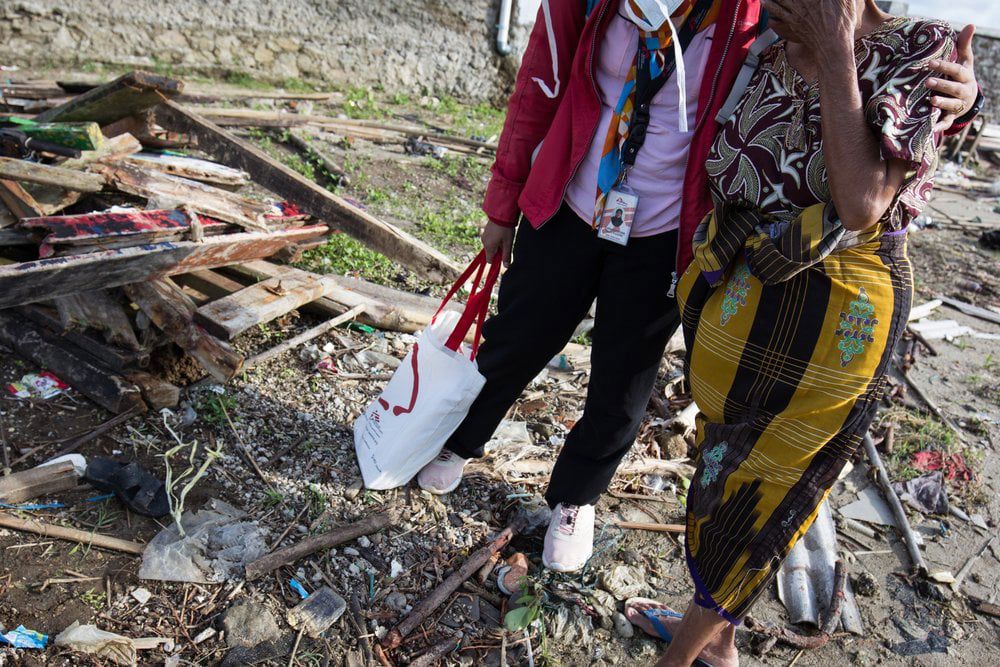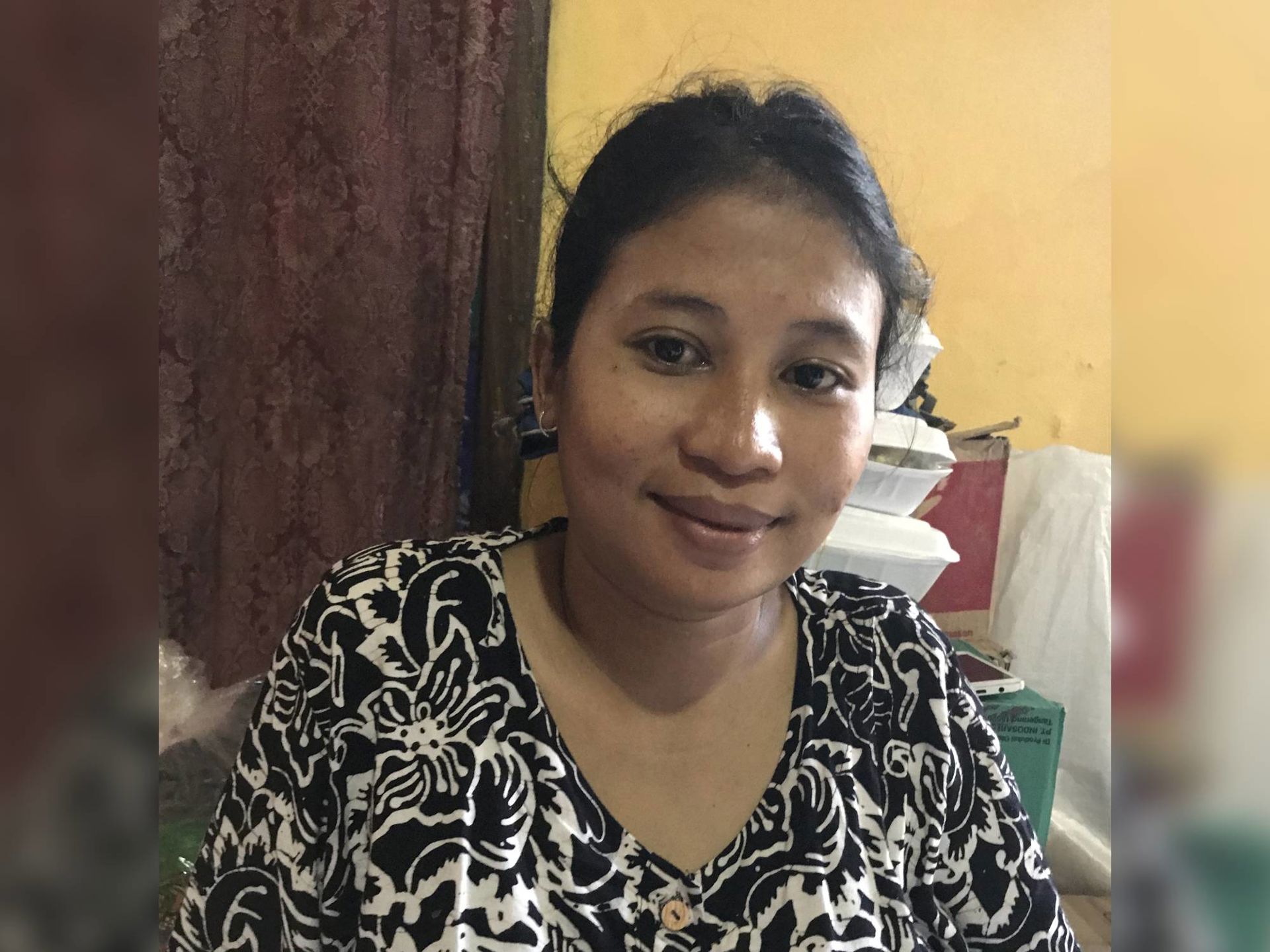With MSF’s support, the Labuan and Carita health centres continue their medical services. The MSF medical team has been providing case management, infection prevention and hygiene management, inventory and other needs assessments in the health centres. This has been greatly valued support and important to the continuation of care for patients. Plus, the process of referring the patients have also been going well, with MSF having contacts with the available ambulances in the sub-districts.
Meanwhile, MSF’s mobile clinics have reached 15 kampongs (villages)/posts in Labuan and Carita sub-districts, in Pandeglang. In these areas, patients who did not have access to the health centres were treated, and various services such as wound care, pregnancy care and child deliveries, treatment of chronic diseases and chronic infection, etc. have been provided. Psychological first aid and psychosocial support have also been given however more mental health support will be rolled out in the next few days. Assessments have also been made to properly support the medical needs of the internally displaced peoples, and of the local health posts and health personnel, such as the midwives. MSF is also finding cadres to conduct case follow-ups and community engagements.
As of 31 December, MSF has conducted 326 medical consultations, with 223 female patients and 103 male patients. The team has recorded 45 patients under five years old, 278 are above five years old, and two have not been registered. The MSF emergency response team has also treated 16 pregnant mothers, and conducted medical follow-ups on 15 patients. The most common medical cases encountered were upper respiratory tract infections, myalgia, cephalgia, and accidental trauma.



